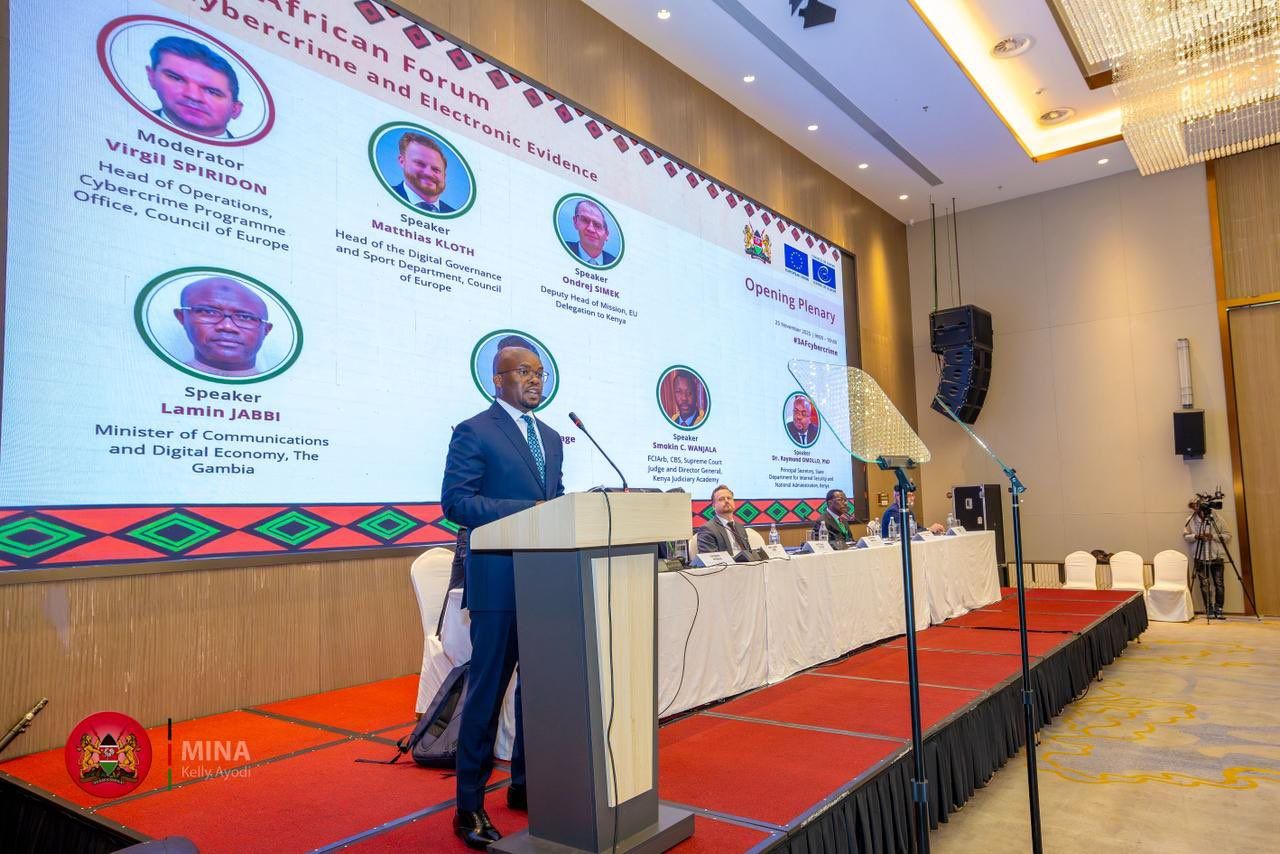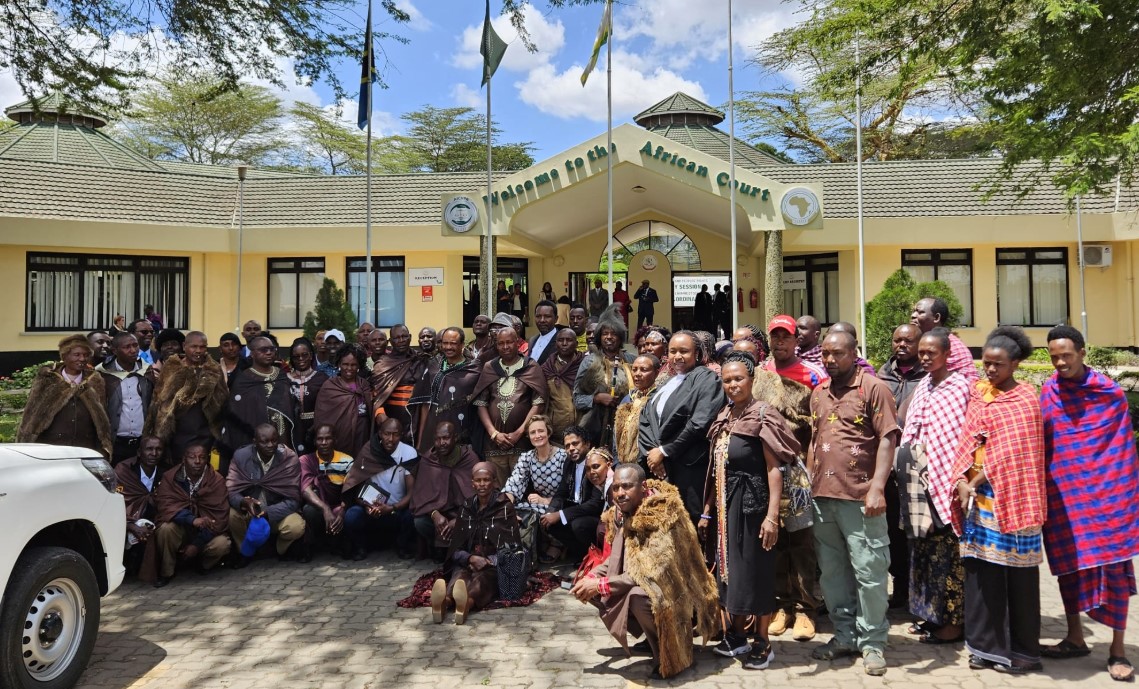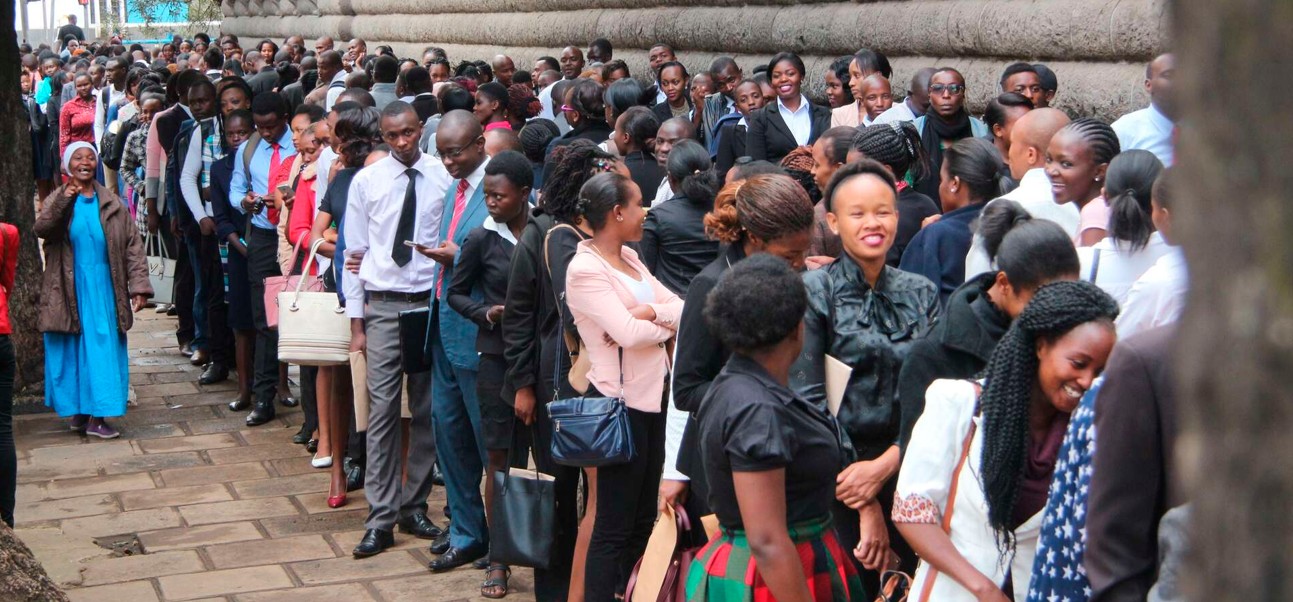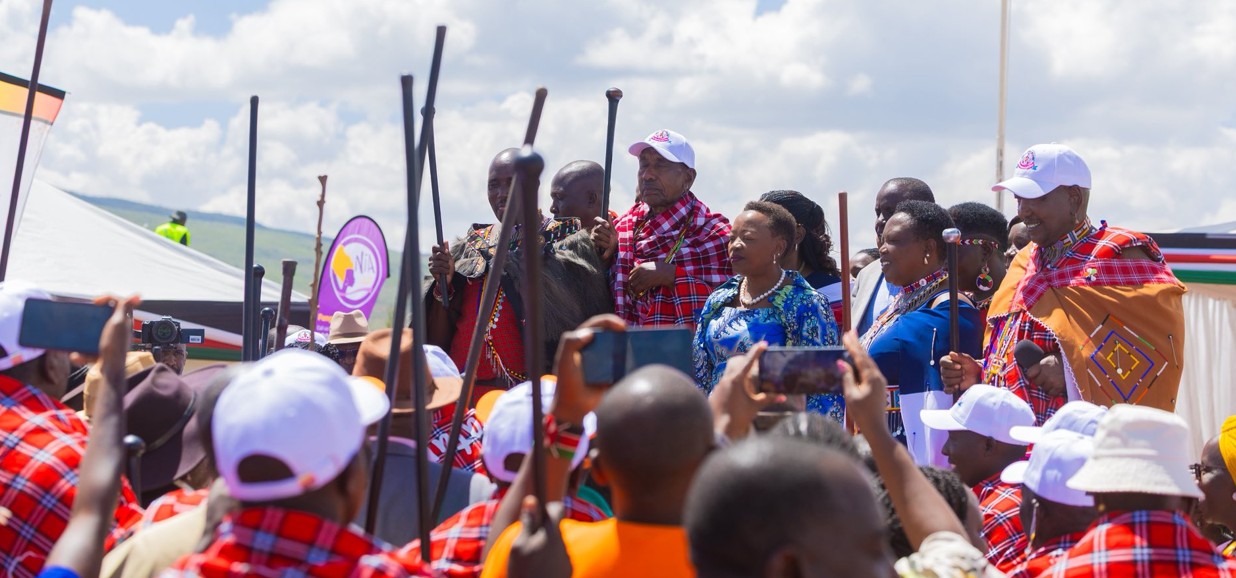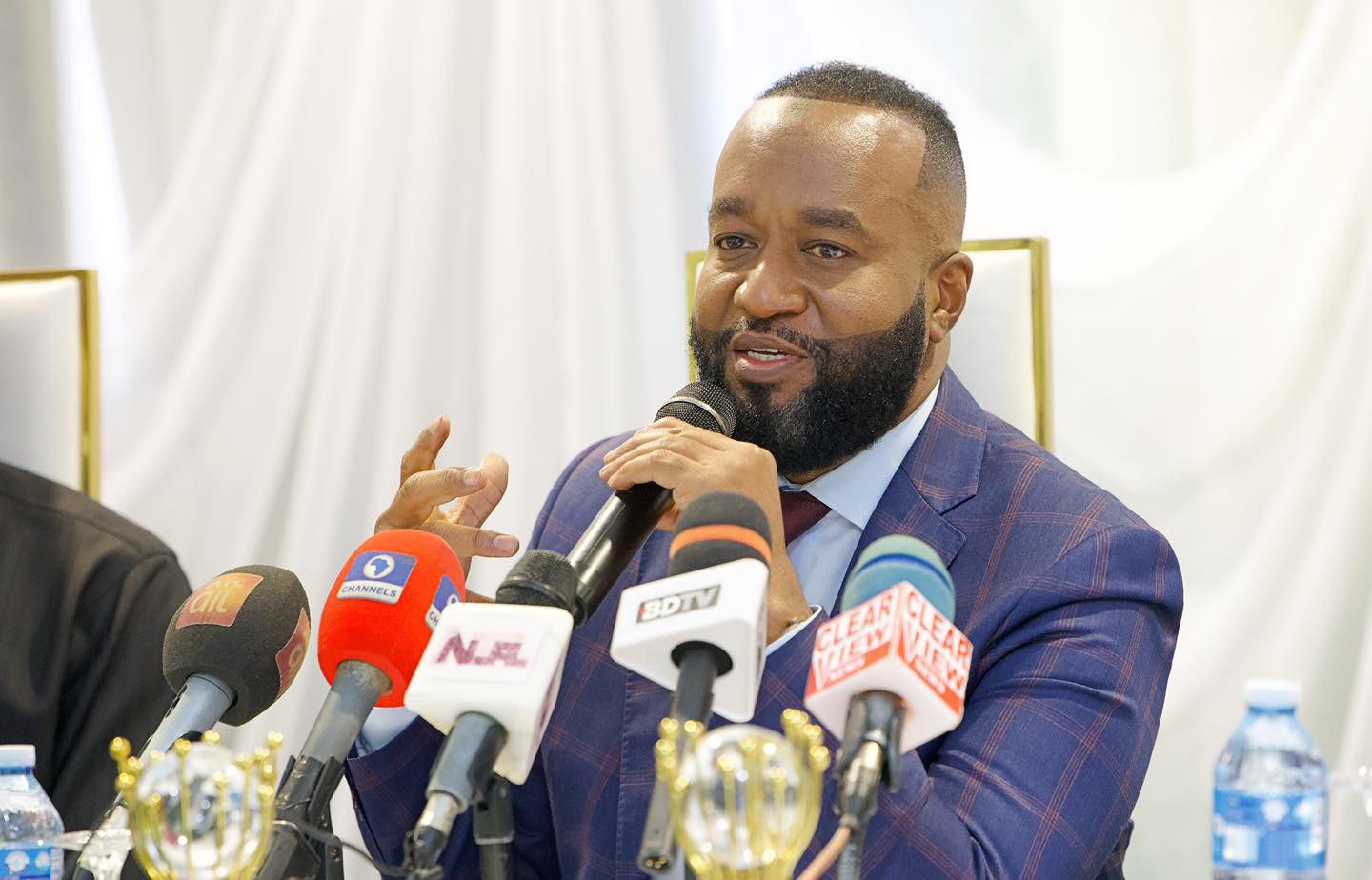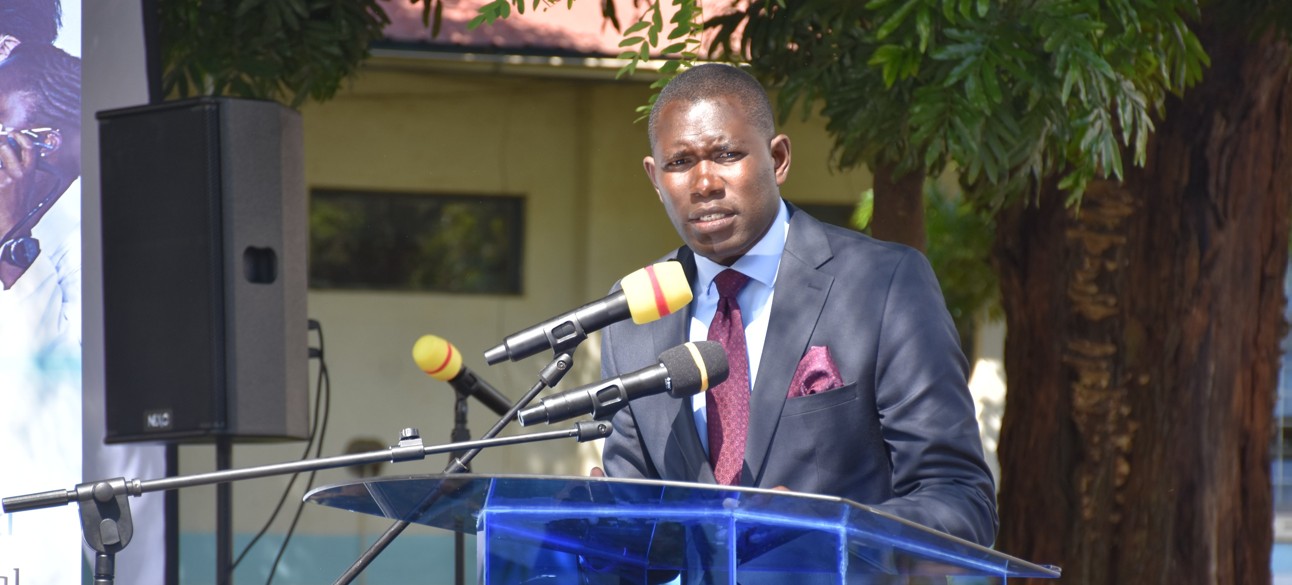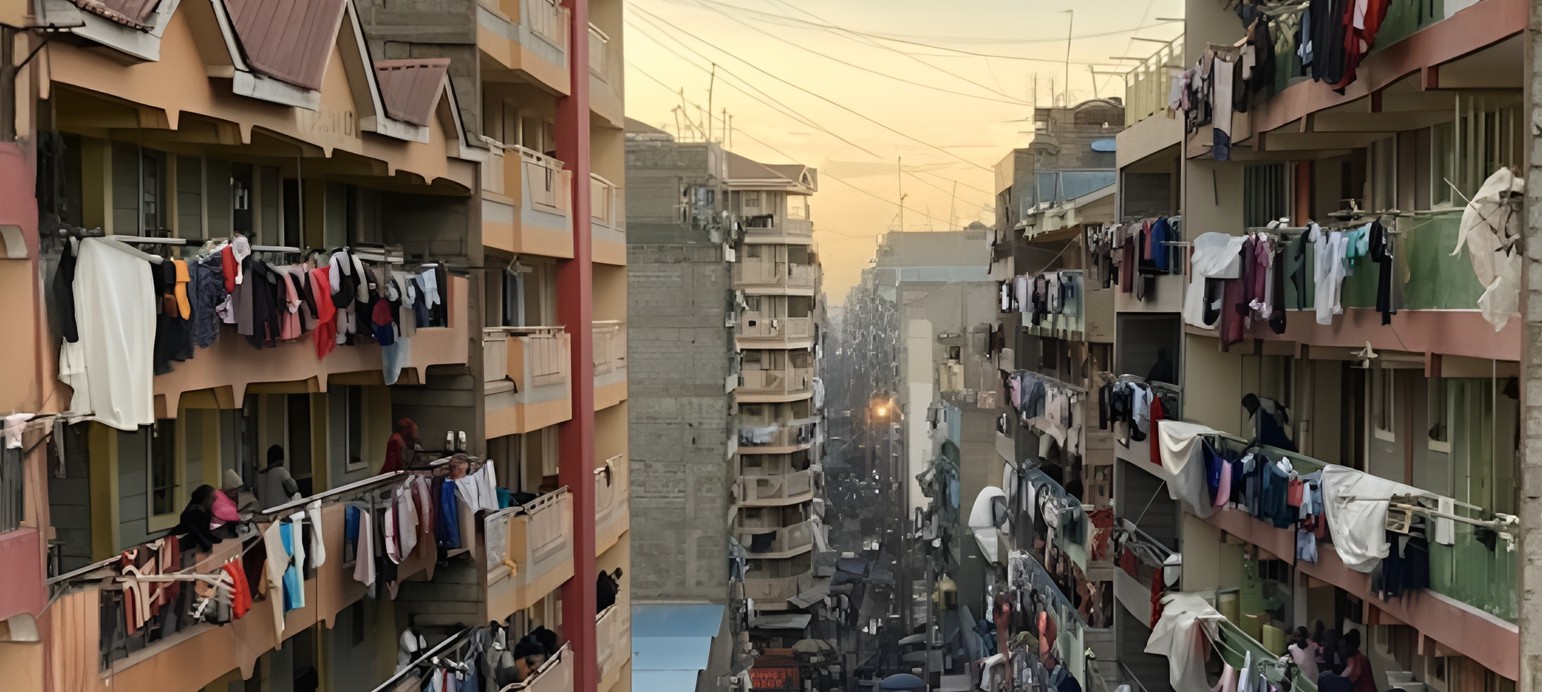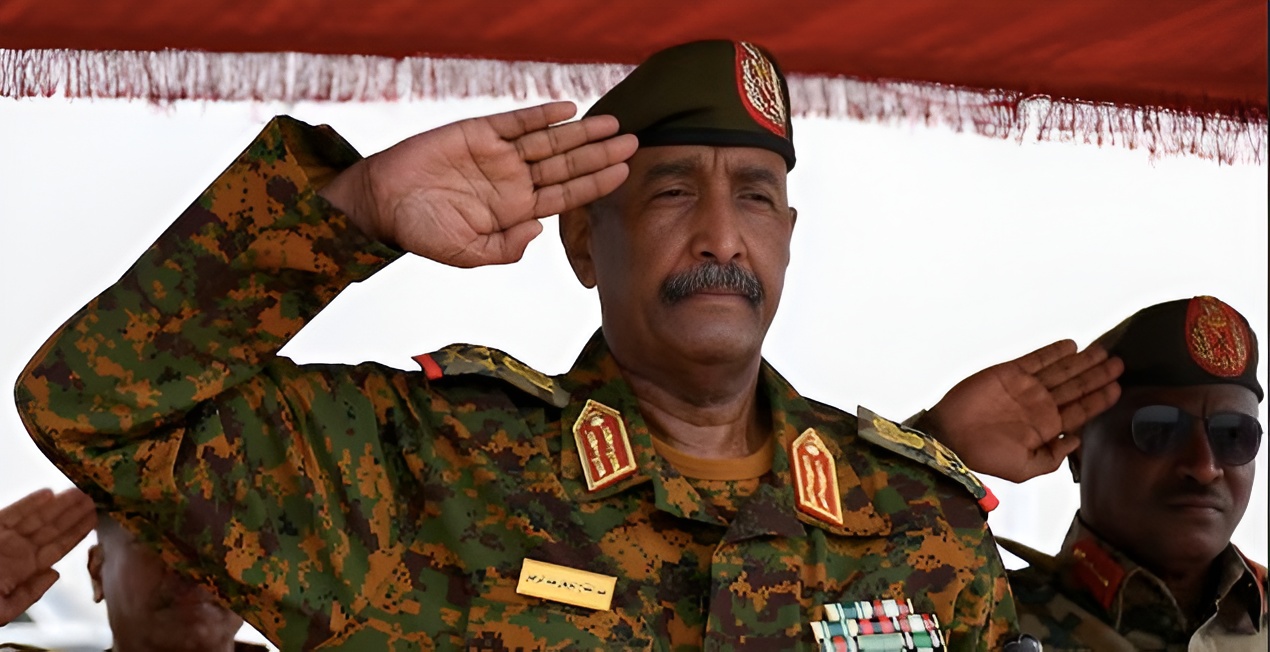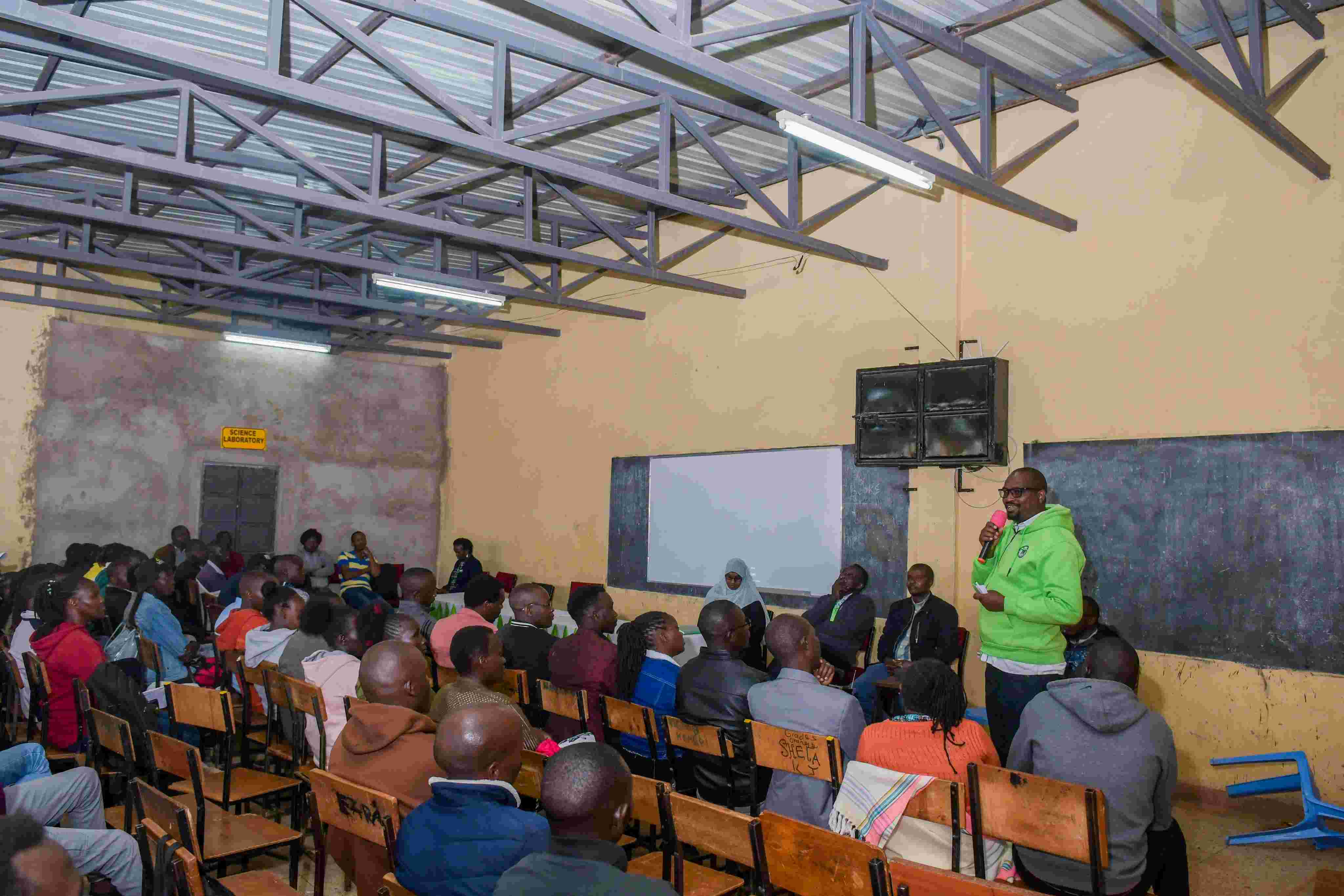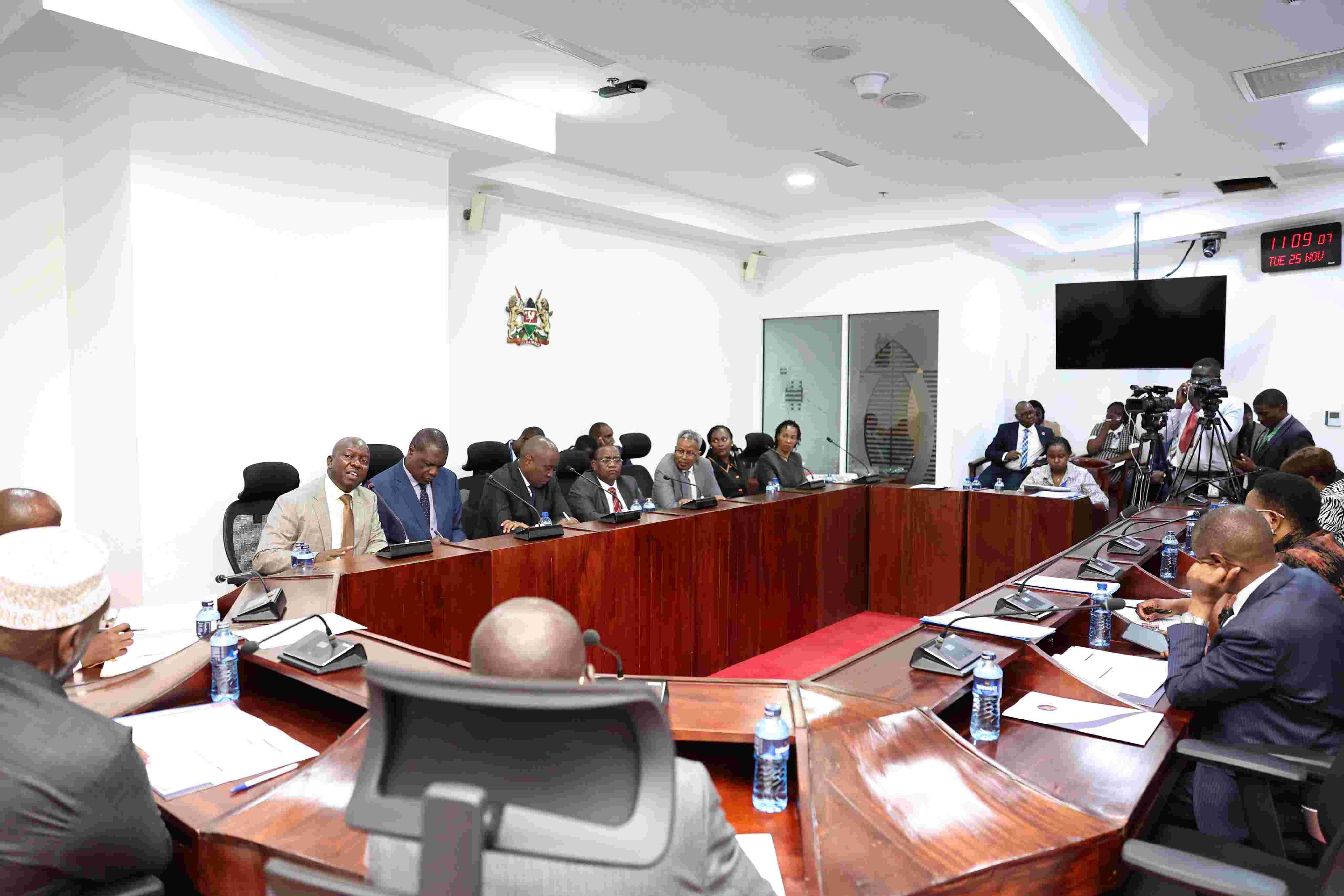Mozambique assumes presidency of UN Security Council

The African Union in February reiterated its demand for a permanent seat at the UN Security Council to "adapt to present geopolitical realities and emerging threats.".
Mozambique assumed the Presidency of the United Nations Security Council on Wednesday, succeeding Malta, which has held the position for April.
The picturesque southern African nation, known for its beautiful beaches and islands, is expected to prioritise discussions on security and counterterrorism as it assumes leadership of the global security body in May.
Mozambique has been struggling with an insurgency in its northern province of Cabo Delgado and aims to prioritise tackling terrorism during its tenure.
More To Read
- AU calls for Africa’s permanent seat on UN Security Council
- Terrorism in Africa, a ‘growing global threat’
- IGAD leads new push for Peace in Sudan as regional and global partners back three-step plan
- AU congratulates Ethiopia on winning bid to host COP32 in Addis Ababa
- How ATPU busted prominent lawyer over alleged terror financing linked to ISIS
- AU warns Africa’s debt crisis is deepening as loan repayments outpace social spending
Climate change will prominently feature on Mozambique's list of priorities, given its recent experiences.
The country endured severe flooding last year due to intense rainfall and the impacts of Tropical Cyclone Freddy, which struck Mozambique twice.
Between February and mid-March 2023, Mozambique received heavy rains which represented more than a year's worth of rainfall.
Mozambique is part of the A3 group at the United Nations Security Council, which comprises the three elected African states representing continental interests.
Africa is numerically significant in this body: in 2018, over 50 per cent of UNSC meetings, 60 per cent of its outcome documents, and 70 per cent of its resolutions with Chapter VII mandates concerned African peace and security issues.
African states comprise nearly 28 per cent of the UN's overall membership, providing significant regional political backing to the A3.
Mozambique, Algeria and Sierra Leone are the A3 members in 2024.
Despite much time having been spent on African issues, many UNSC members have treated them as marginal or less strategic compared to Syria, North Korea or the Middle East peace process. African files (including many UN peacekeeping operations) have therefore often not been very contentious in the council.
The African Union in February reiterated its demand for a permanent seat at the UN Security Council to "adapt to present geopolitical realities and emerging threats.".
"There is a need to correct the historical injustice done to Africa by addressing Africa's non-representation in the permanent category and its gross under-representation in the non-permanent category of the United Nations Security Council," read a draft report outlining proposed items for consideration by the AU summit.
The 55-countries bloc urged members to prioritise the issue of UN Security Council reform in their foreign policy engagements with non-African partners.
This includes the urgent need to address "the historical injustice endured by the African continent" without delay.
The Council's agenda this month will include regular meetings on the Democratic Republic of the Congo, South Sudan, and Sudan.
The presidency of the Council is held by each of the members in turn for one month, following the English alphabetical order of the Member States names.
Top Stories Today

